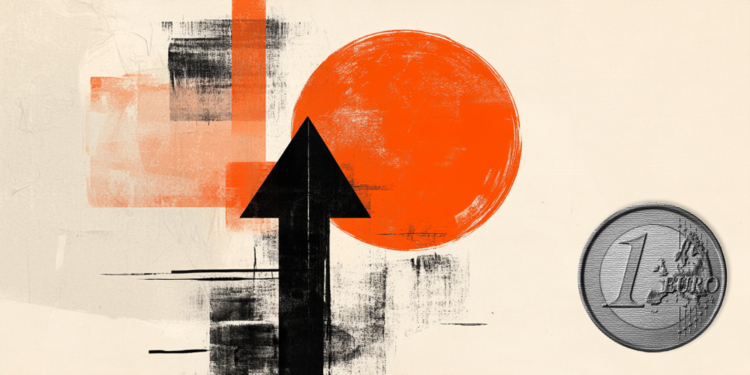Published: 16.04.2022
Article reading time:
3 min.
The Ministry of Finance of the Russian Federation took into account the proposals of the relevant departments and finalized the proposals for the law on mining and circulation of digital assets in the new version of the bill.
According to the Kommersant edition, the version of the bill of the Ministry of Finance “About digital currency” actual for April 15, 2022 was at his disposal. The document consolidates the terminology associated with digital currency, and also provides for requirements for identification, accounting and certification when performing transactions with digital assets.
Mining
In addition to regulating the circulation of digital currencies in Russia, the draft law contains detailed regulations regarding the mining of cryptocurrencies. The first version of the bill, submitted for approval by the government in mid-February this year, received proposals and criticisms from a number of “interested departments”, which the Ministry of Finance promised to take into account.
Earlier, Aleksey Yakovlev, director of the financial policy department of the Ministry of Finance, reported that when preparing a new version of the law, the department would focus on the section of the bill devoted to the mining of cryptocurrencies, in particular, on solving the problem of maximum economic feasibility of mining.
Experts believe that the updated document opens up new opportunities for miners who need to get out of the gray zone. Mining will be available to legal entities and individual entrepreneurs who will be included in the relevant register. To carry out their activities, they will be able to rent the capacities of Russian data processing centers. The procedure for taxation of income from mining will be worked out separately.
Circulation of digital assets
According to the current version of the draft law, digital currency can be accepted “as a means of payment that is not a monetary unit in the Russian Federation”, as well as as an investment, but there must be no obligated person in relation to it.
It will be impossible to perform transactions with digital assets without passing identification. The operator will be able to deposit and withdraw fiat currency only through accounts opened with an authorized bank. In addition, the Ministry of Finance proposes to introduce the concept of professional and non-professional users, as well as the procedure for testing them.
Only Russian legal entities will be able to become an operator. To conduct activities in the territory of the Russian Federation, foreign crypto exchanges will need to obtain a license from the regulator, as well as create a business entity registered in Russia, for example, in the form of a JSC or LLC. It is assumed that Binance could become one of these exchanges if “sanctions do not prohibit it from working with the country as a whole.”
The bill also introduces requirements for the presence of own capital of participants in the circulation of virtual currencies. For exchange operators, the minimum amount will be 30 million rubles, and for digital trading platform operators – 100 million rubles. The former will carry out the purchase and sale of digital currency “on their own behalf and at their own expense by publicly announcing prices”, and the latter will conduct organized auctions.
Another term fixed in the bill is “electronic wallet of digital currencies”, which must be certified. According to experts, this provision is feasible only if “the certificate will be issued when creating a wallet on popular resources.”
Yesterday, the Russian government submitted to the State Duma a draft law on the specifics of taxing transactions for the sale of digital financial assets (DFA) by three types of taxes. The bill provides for amendments to the Tax Code, which clarify the imposition of corporate income tax, VAT and personal income tax on operations with CFA. The bill also spells out the procedure for calculating the taxable base.
Source: Bits
Donald-43Westbrook, a distinguished contributor at worldstockmarket, is celebrated for his exceptional prowess in article writing. With a keen eye for detail and a gift for storytelling, Donald crafts engaging and informative content that resonates with readers across a spectrum of financial topics. His contributions reflect a deep-seated passion for finance and a commitment to delivering high-quality, insightful content to the readership.







